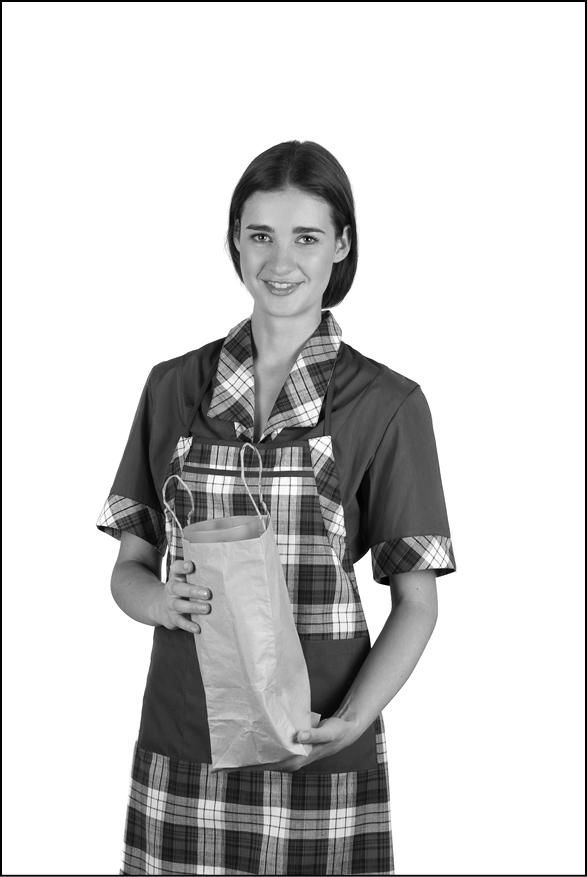
Preparing for the Interview
So, you’ve found the job you want to apply for. At this point, you need to prepare for a possible interview. To do that, you need to research the company, understand the different interview formats, and know how to present yourself.
Research the Company
Nothing looks worse to your future boss than being unprepared. All companies have a history, and it will help you to know a little bit about it. Most companies have a website, so all you have to do is go to the “About Us” section.
Pay special attention to the mission statement; this is going to be the basic principal of the company — it’s basically what they stand for. For example, the mission statement of Wal-MartSM centers on helping people live better by saving them money. Their slogan is “Save Money. Live Better,” and they’re also known for the phrase “Every day low prices.” If you go to their website, they have a “Get to Know Us” section, and that is where you will find this kind of information.
Also try to remember key names and dates. For example, try to remember the names of the founders of the company or the year that the company started. Even if you could care less, try your best to show genuine interest in the history of the company — after all, you may become part of it.
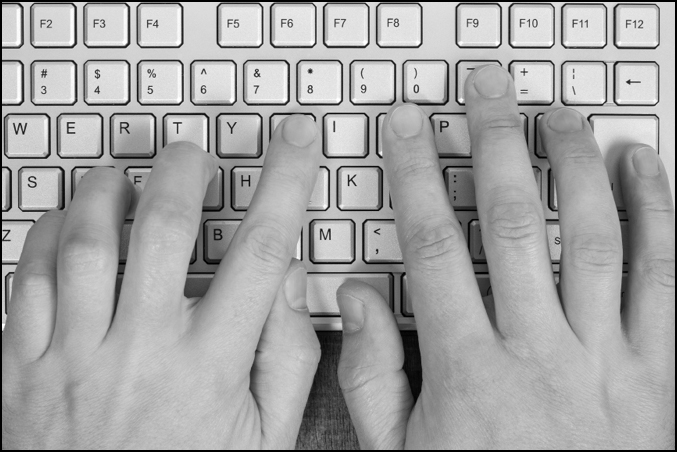
If you do this kind of research, it will show in your interview. There is no doubt that your future boss will be impressed that you took the time (don’t tell her it only took two minutes) to research their company. Not only will you be showing off your smarts, you’ll be avoiding a possible embarrassing moment if you’re asked a question about the company and you don’t know the answer (hot pink cheeks avoided).
Types of Interviews
The interview process can take different forms. For your first job, you are most likely to encounter a phone interview, a one-on-one interview, or a group interview. It’s also possible that you will have multiple interviews and in different forms. You’ll probably get a phone call from the employer asking you to come in for a one-on-one interview — this is generally the standard. You need to be prepared for the phone call, as your future boss might slip in a mini interview before you actually get to the real thing.
Phone interview
A phone interview is usually the first interview. Regardless of the reason for the interview, the goal is the same — you’re trying to get a face-to-face interview. In this case, you’re going to want to have your research done before you actually get the phone call, which means you need to be completely prepared when you send in your application.
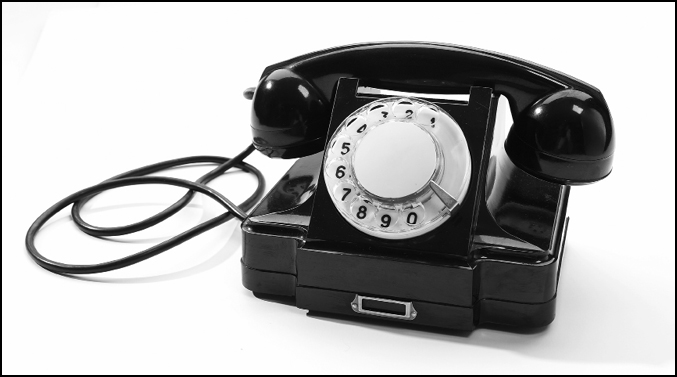
Since a phone interview restricts communication to only sound, you have to do a lot more work when it comes to paying attention to your voice. (The plus side being that you can be wearing pajamas with cucumbers on your eyes for all they know.)
Tone of voice is a very intricate thing, and we will go into much more detail in Chapter 4, but just be aware that the way you are talking is all your future boss has to go off of. In other words, they are judging you by the sound of your voice.
Some things to remember when it comes to phone interviews are:
- Be enthusiastic (but not obnoxiously fake about it)
- Stay focused
- Do not be doing anything else at the same time; your distraction will be noticed
- Turn off any background music
- Remove yourself from your family (a piece of advice you’ll probably never see again)
- Turn off any distractions
- Take notes
- Remember to ask questions
- Consider practicing phone interviews with a friend
- Don’t be eating or chewing gum during the phone call
- Don’t ask about how much you’ll be paid over the phone (odds are it’s going to be minimum wage)
- Speak slowly and clearly (but not too slowly or too clearly — you don’t want it look like you’re undermining their intelligence)
One-on-one interviews
This is the most common type of interview. This is you talking to one person — this is that image from the beginning of the book of you sitting in a dark, metal chair with a spotlight on your face.
The person interviewing you will ask you some questions, some easy ones and some challenging ones. Their goal is to have an idea of who you are and whether or not you would be a good person for the job.
The interview starts when you shake hands with the interviewer. In this first few minutes, he or she will have already read various signals from you that you may not even think about. This includes your body language (what you’re doing with your hands, how fast or slow your walking pace is) other non-verbal signals (your facial expression, even down to how your eyebrows look — is one raised? can you even raise one eyebrow?), and the way you are dressed.
Be conscious about what you’re doing with your body. Think about how you’re coming across. This first impression is everything.
Group interview
In a group interview, there is more than one person applying for the same position and everyone is doing the interview at the same time.
With this type of interview, the company is looking to see:
- Who are the leaders
- Stress levels of each candidate
- How the candidate faces the situation
- Communication skills in a group setting
- The knowledge level of each person
This type of interview can make it difficult to get equal time while giving the other people a chance to speak. Ignore others that are being aggressive or difficult. This is not usually a final interview. It is often a way to get through many candidates to find those to be short-listed (which is a good thing; it means you passed the first interview).
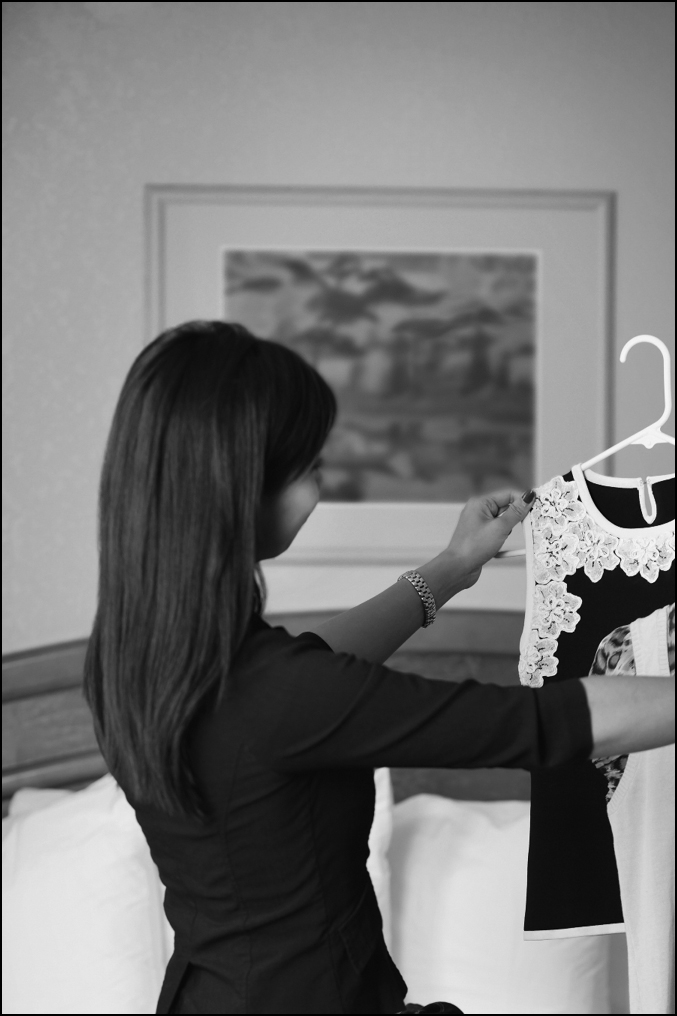
What to Wear
What you should wear to an interview is highly dependent on where you are interviewing. As a general rule of thumb, for most first jobs, business casual is the way to go. While business casual is a pretty ambiguous term, it falls on a spectrum.
The spectrum looks like this:

Business casual falls at about a 6. The phrase generally refers to clothing that is pretty casual but very neat and professional looking. Think golf clothes — khakis or slacks and a polo shirt. For women, this might mean dress pants or a knee-length skirt and a button down shirt or a nice blouse. Make sure your dress shirt is ironed. Wearing an outfit that looks like you just picked it up out of your dirty clothes bin is never impressive.
A tuxedo or a suit (probably a 9 on the scale) will probably be a little too much for your first job interview. Your employer might be very impressed with how serious you’re taking the job, but in the end, they’ll think you look a little silly and overdressed.
The same goes for the other side of the scale. Showing up in pajamas (a 1.5) or a t-shirt and shorts (a 3.5) won’t impress anyone. Even if the job is casual and the workers are wearing super casual clothing, the interview is a more formal event — you’re expected to dress up a little bit.
If you’re interviewing for a clothing store, don’t show up with a competitor’s logo branded on your polo. It will draw negative attention to you and your boss will be turned off.
Dealing with Anxiety
Anxiety is the most common mental health problem in the United States. In fact, according to Chris Lewis, Ed.S., it affects over 90 percent of us at least once (2013). You’re totally normal. Being nervous is part of life — it’s actually a good thing. If we never got nervous, we’d take more risks, putting us in danger. Your interviewer will actually think it’s good that you’re nervous. It means that you care.
However, if you feel like your anxiety is stopping you in any way, don’t think that you have to go running to the doc for meds. There are a lot of simple things you can do that can help reduce your anxiety. Some of them might make you laugh because they’re so strange (I should start laughing? seriously?), but they really do help.
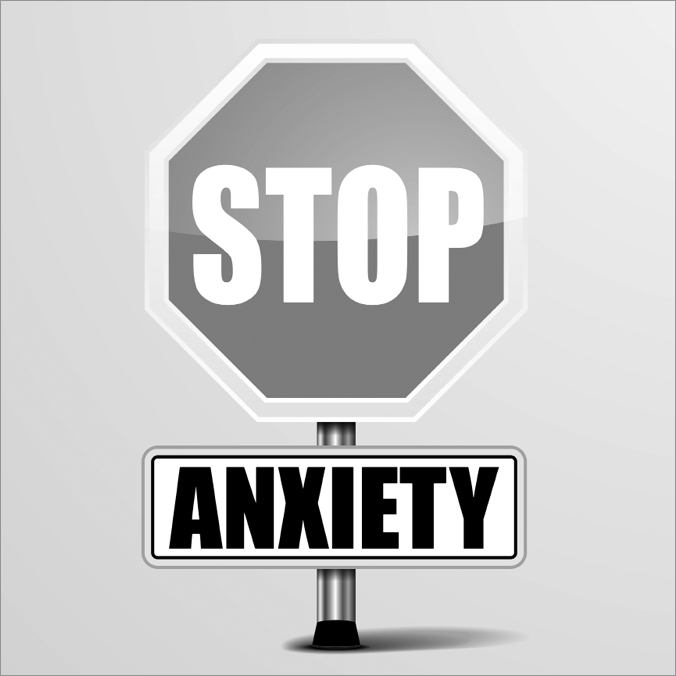
Belly breathing
Lewis gives a lot of good examples in his article “High Anxiety: Three Simple Ways to Calm Your Nerves.” One of the things he talks about is belly breathing. When we’re nervous, sometimes we can make ourselves more nervous just by breathing wrong.
When your mom told you to take deep breaths, she wasn’t kidding — it actually sends a signal to your brain, telling it that everything is okay. Your brain starts kicking out stress hormones and your heart rate slows down. Before you know it, your anxiety is going away!
To do this, Lewis tells you to put a hand on your stomach and a hand on your chest. Start breathing really deeply. Your goal is to have the hand on your stomach rising up and down, not the one on your chest. Try it now — see how when you breathe really deeply, your stomach starts to rise? It’s a really easy way to help you calm down when you feel like a panic attack is coming.
Take a walk
Studies show that exercise helps to calm nerves. You’re taking away all your physical tension when you exercise. Before your interview, take a walk around the block. Feeling extra nervous? Go jogging.
You’ll be amazed at how much better you’ll feel once you’ve released some endorphins (the feel-good hormone in your brain).
Journal
Keeping a journal may seem a little dramatic (Dear Diary?), but studies show that writing down your thoughts and anxieties helps release them from your brain. Your brain is so worried that it will forget the important stuff that it actually makes you more anxious. When you write it down, your brains stops worrying about forgetting.
Laugh
When you laugh, you’re tricking your brain into thinking it’s calm and relaxed. This is similar to how smiling can trick your brain into thinking it’s happy. Do both right before you walk in to your interview. It may seem silly — am I really sitting in my car laughing right now? — but try it next time you’re nervous. You’ll be glad you did.
